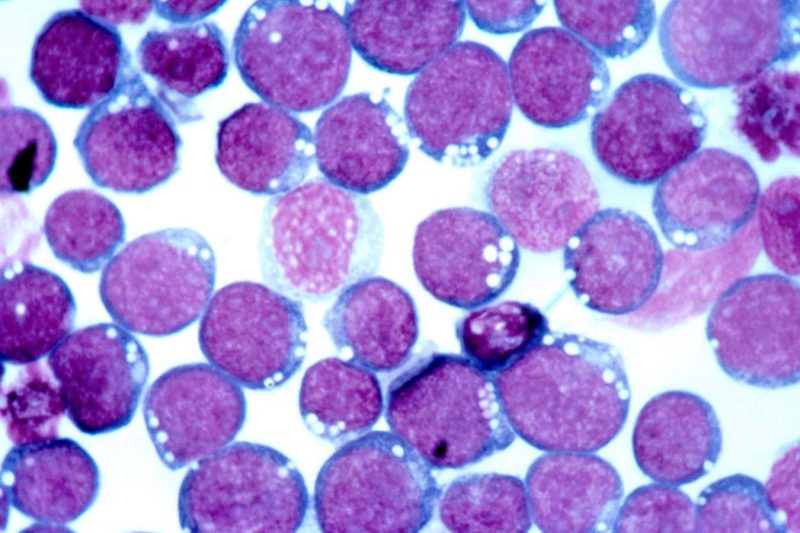Introduction
A vaccine that shows potential in fighting the Epstein-Barr virus (EBV), which is responsible for causing glandular fever (infectious mononucleosis or “mono”) and has been associated with serious health conditions, has been developed for mice. This vaccine targets different aspects of the immune system, making it stand out from other experimental EBV vaccines that primarily focus on generating antibodies.
The Widespread Infection
EBV infects approximately 95% of the adult population worldwide. It is a type of herpes virus that commonly spreads through saliva. Infection with EBV can lead to glandular fever, characterized by symptoms such as high temperature, severe sore throat, and extreme fatigue. In recent years, EBV has been linked to multiple sclerosis (MS) and various cancers, including nasopharyngeal cancer and certain lymphomas. Consequently, scientists have been working on developing EBV vaccines, but none have been approved so far.
A New Approach
Unlike previous EBV vaccines that aim to induce antibody production, the vaccine developed by Rajiv Khanna and his team at the Berghofer Medical Research Institute in Australia targets a different strategy. EBV has the ability to hide within B-cells, which are the immune cells responsible for producing antibodies. This allows the infection to persist throughout a person’s lifetime. The new vaccine aims to stimulate the production of both antibodies against the virus and T-cells, another type of immune cell that can destroy the B-cells in which the EBV is multiplying.
Promising Results
In mouse trials, the vaccine successfully generated EBV antibodies and T-cells for more than seven months after immunization. It also inhibited tumor growth in mice induced to develop EBV-related lymphoma.
Potential for Multiple Sclerosis and Cancer Treatment
The researchers now intend to investigate whether the vaccine can be modified to prevent multiple sclerosis. Additionally, they plan to conduct human trials of the existing vaccine within the next two years. If the vaccine proves effective in combating EBV within human cells, it could be a valuable treatment for EBV-related cancers. Furthermore, it may also serve as a preventive measure for the infection in younger individuals who have not yet been exposed to the virus.
Complexity of Multiple Sclerosis
While the vaccine shows promise against multiple sclerosis, Paul Farrell from Imperial College London highlights the complexity of the disease. He mentions that the immune mechanisms responsible for causing and controlling multiple sclerosis are not sufficiently understood yet.
Conclusion
The development of a vaccine targeting different aspects of the immune system shows promise in combatting the Epstein-Barr virus. If successful, this vaccine could help prevent EBV-related cancers and potentially be used to treat multiple sclerosis. However, further research and human trials are required to fully understand its effectiveness.








